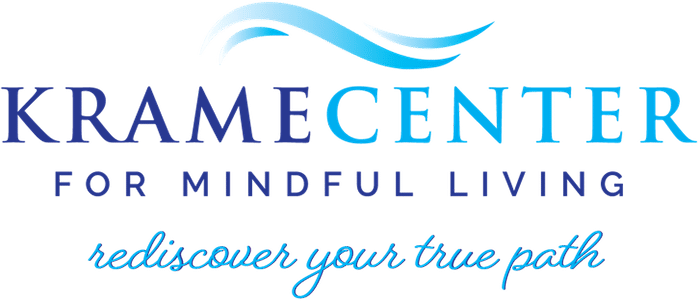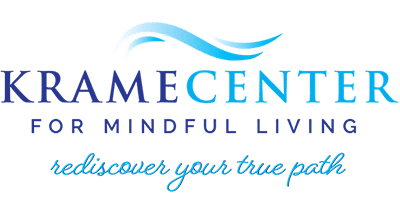How to Fight Without Hating: Lessons in Power and Love
“Never succumb to the temptation of becoming bitter. As you press on for justice, be sure to move with dignity and discipline, using only the weapon of love.” ~ Rev. Dr. Martin Luther King, Jr.
“Get in trouble: good trouble, necessary trouble.” ~ Congressman John Lewis
As Black and Brown people, we are in the fight of our lives. Our lives are constricted by systems and structures that foster discrimination, hatred, and injustice. The legacy of violence, especially unlawful police violence, perpetrated against Black people, Asian people, indigenous people, people of color, differently abled people, people of various gender identities and expressions and sexual orientation, and others who are marginalized, is our constant reality. This is compounded by the disproportionate impact of COVID-19 on Black, Asian, Latinx, immigrant, and low-income communities, which are among the hardest hit, grossly under-resourced, and devastatingly vulnerable.
Our hearts and our supports are broken open by grief, fear, and anger. How do we fight injustice and not hate? How do we fight injustice and support ourselves? How do we deepen our resolve for a more just and equitable world in an unjust and inequitable world?
Recently, I attended a gathering of more than 600 Black and Brown people hosted by Liberate, an app designed to support mindfulness and mediation for BIPOC (Black, Indigenous, and People of Color and BAME Black Asian and Ethnic Minorities). https://liberatemeditation.com The speaker was Ruth King, an important figure in mindfulness community especially among BIPOC. She guided us through a powerful meditation, calling us to invite the power of our ancestors and descendants to guide, protect, and support us, and to engage our innate inner resources and resilience toward a strong and calm heart.
During the hour-long deeply healing and moving Zoom video conference session, an important question emerged from the chat:
How do you fight injustice without hating?
Initially, I was intellectually intrigued by the question, which then settled in my own heart.
How do you fight injustice without hating?
In the Plum Village tradition of mindfulness meditation founded by Zen Master Thich Nhat Hanh, hate is likened to seed that lies dormant in the consciousness of the mind, along with many other kinds of seed-like emotions, including despair, shame, indifference, openheartedness, warmth, delight, and many more. These seed-like emotions become ‘activated’ by thoughts, words, and actions of life’s daily events. For example, someone cuts you off in traffic; the seed of anger gets activated. You have an uplifting conversation with a friend; the seed of gratitude is touched. We live our daily life this way.
In Plum Village mindfulness practice, we learn to notice and become aware when these seed-like emotions are touched within us, to notice what the emotion feels like in the body, and to bring awareness to the feelings and bodily sensations, taking care of these emotions by calming and soothing the body and mind.
Taking care of the emotion of hate is an ongoing, daily, and moment to moment practice, especially now at this time when Black and Brown people are under attack from unlawful police violence, explicit and implicit bias, and disparate treatment of Blacks during the COVID-19 health crisis. As a Black woman, my daily practice is to notice the sensation of hate, which often feels like a flush of fire in my face that spreads across my chest to a dull pain in my heart. I recognize that this sensation ripples outward in my body, in my words, and in my action. With this recognition and insight, I begin not only gain agency over my feelings, my words, and action, I recognize how I can support myself.
So, what is skillful action is required at a time of hate, fear, and violence?
Congressman John Lewis has said, “Get in trouble: good trouble, necessary trouble.” These are times that call on us to get into ‘good trouble’, which eradicates unlawful police violence and oppression, which dismantles social conditions of health disparities among the most marginalized people, which challenges deeply discriminatory educational systems. These ‘good troubles’ include taking to the streets in peaceful protests, exercising our right to vote, and bringing communities or color and others together to heal and to act.
As an individual and as a society, we have been given specific instruction from countless people who sacrificed their lives through the Civil Rights Era and other social movements in how to take compassionate action in the face of violence, anger, and fear. We are instructed to meet police violence with non-violence. We are instructed to meet racist structures and systems with diligence and with inner resilience born out of compassionate action. We are instructed to meet hatred with an open heart and to cultivate heartfulness because love, compassion, kindness, and peace are bigger than a heart constricted by hate, discrimination and violence.
This is the skillful action toward radical change, now. This is an act of power rooted in love.


